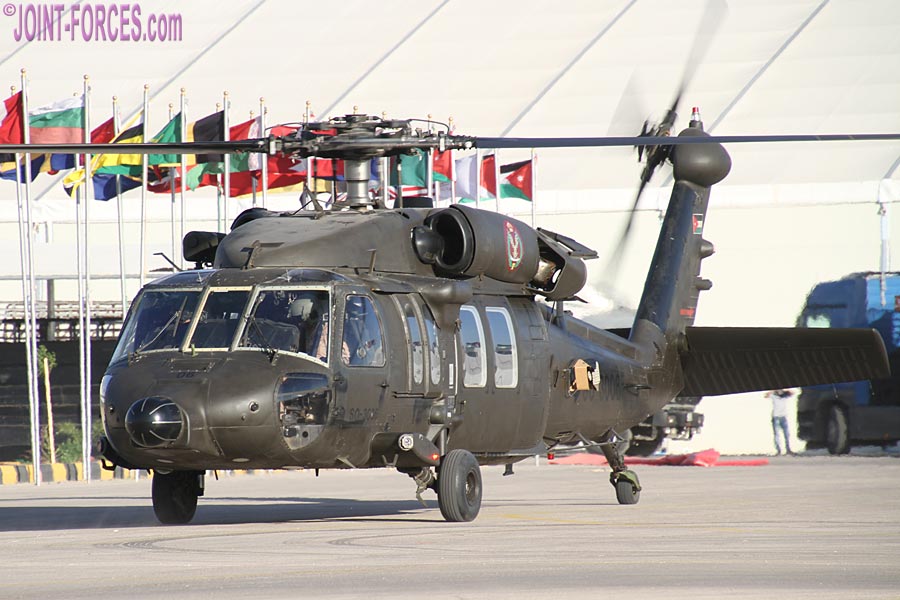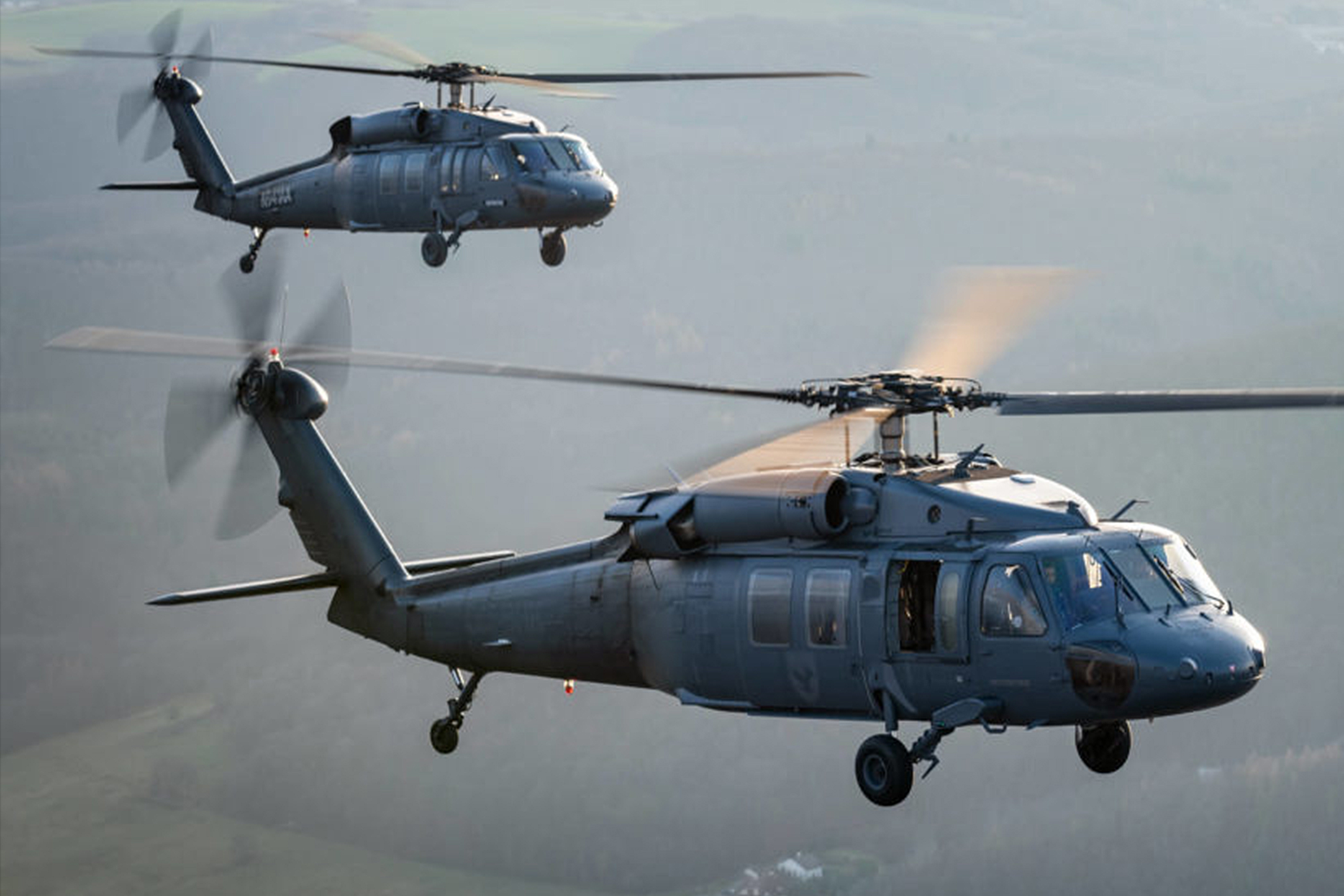The Impact of Lasting Practices on the Future of Airplane Workflow and Emissions Reduction
As the aviation sector faces boosting examination over its ecological impact, the adoption of sustainable methods becomes an essential pathway towards future airplane procedures and discharges reduction. Innovations in lasting air travel gas and developments in crossbreed propulsion modern technologies stand at the leading edge of this change, appealing considerable decreases in greenhouse gas emissions. Nevertheless, the successful assimilation of these efforts hinges on a selection of aspects, including regulative structures and market partnership. The question stays: just how will these advancing practices improve the dynamics of air traveling and add to a more lasting future?

Review of Sustainable Practices
Sustainable practices in aircraft procedures encompass a series of techniques targeted at lowering ecological effect while preserving operational efficiency. These techniques are crucial in the air travel market's dedication to decreasing its carbon footprint and adhering to worldwide ecological standards. Trick campaigns include optimizing flight paths to reduce fuel usage, enhancing maintenance protocols to make certain airplane run at peak efficiency, and executing innovative innovations such as winglets and lightweight products that improve the rules of aerodynamics.

Involving and educating team on sustainability practices likewise play an important duty, promoting a society of environmental obligation within companies. On the whole, the assimilation of these lasting techniques not just helps in reducing discharges however also boosts the lasting feasibility of the aviation industry, guaranteeing it satisfies the demands of both clients and regulative bodies while adding to international sustainability goals.
Innovative Fuel Alternatives
Various cutting-edge fuel options are emerging as essential solutions to decrease the air travel industry's dependence on conventional nonrenewable fuel sources. Amongst these options, Sustainable Aeronautics Gas (SAFs) have actually gained substantial interest because of their prospective to reduce lifecycle greenhouse gas emissions by up to 80% contrasted to traditional jet fuels. SAFs are acquired from different feedstocks, including waste oils, agricultural deposits, and also algae, making them a flexible choice for the market.
One more promising alternative is hydrogen gas, which, when made use of in gas cells, creates just water vapor as a result. This zero-emission prospective presents a significant possibility for decarbonizing trip operations, specifically for short-haul flights and local airplane. Additionally, electric propulsion systems are being discovered, leveraging battery innovation to power airplane. While existing battery ability limits array and payload, ongoing innovations may quickly render electrical flights viable for details applications - uh 60.
Finally, biofuels stemmed from biomass are being examined, offering an eco-friendly option that can be mixed with standard gas. Collectively, these innovative fuel options stand for an essential step towards accomplishing a sustainable air travel community, aligning with global discharges reduction targets and enhancing the sector's environmental stewardship.
Technical Improvements in Aeronautics

How can technical developments improve the future of aeronautics? The combination of innovative modern technologies is pivotal in transforming aircraft procedures, boosting efficiency, and reducing emissions. Technologies such as electric and hybrid propulsion systems go to the center, appealing substantial reductions in fuel intake and greenhouse gas emissions. These systems take advantage of advancements in battery modern technology and power management, enabling aircraft to operate with a reduced ecological impact.
Furthermore, the execution of innovative materials, such as lightweight compounds, adds to boosted aerodynamics and fuel performance. Making use of synthetic intelligence and artificial intelligence in trip operations enhances course planning and lowers gas shed by making it possible for real-time changes based on climate and web traffic conditions. In addition, the development of autonomous and remotely piloted aircraft systems stands to transform freight and traveler transport, possibly raising effectiveness while lessening human mistake.
Furthermore, sustainable aeronautics modern technologies, including sophisticated air website traffic management systems, can simplify operations and decrease congestion, resulting in reduced emissions throughout trip. These innovations collectively represent a paradigm change in aviation, assuring a future where sustainability and operational performance are intertwined, consequently supporting the market's commitment to lowering its ecological influence.

Regulative Framework and Compliance
Taking into account the expanding focus on environmental stewardship within the air travel sector, the regulative framework controling airplane operations is advancing to promote lasting practices. Regulatory bodies, such as the International Civil Air Travel Company (ICAO) and various nationwide aeronautics authorities, are introducing rigid guidelines targeted at lowering emissions and enhancing operational performance.
These regulations typically consist of the fostering of Sustainable Aviation Gas (SAF), which has actually been recognized as an essential component in achieving lower carbon impacts. Conformity with these policies needs airlines to execute advanced innovations and operational practices, such as optimized flight paths and boosted air web traffic monitoring, to decrease fuel usage.
Additionally, the enforcement of emissions trading systems and carbon offsetting efforts is coming to be increasingly prevalent, compelling airlines to keep track of and report their emissions accurately. Non-compliance can result in considerable penalties, thus pressing operators to prioritize sustainability in their company versions.
Inevitably, the developing regulatory landscape not official site just drives advancement and financial investment in environment-friendly modern technologies however likewise cultivates a culture of accountability within the air travel industry. As these frameworks remain to establish, the emphasis on lasting practices will be indispensable to accomplishing the industry's long-lasting ecological objectives.
Future Fads in Airplane Procedures
As the aeronautics sector adapts to a significantly stringent regulatory atmosphere, future trends in aircraft procedures are established to concentrate on ingenious remedies that additionally enhance sustainability and efficiency - uh 60. Key advancements will likely include the fostering of sophisticated air website traffic monitoring systems, which utilize real-time data and man-made knowledge to optimize flight courses, lowering fuel usage and exhausts
An additional substantial fad is the boosted assimilation of sustainable aviation fuels (SAFs) These options to conventional jet gas, obtained from eco-friendly resources, can considerably Get More Info lower lifecycle greenhouse gas emissions. The market's commitment to SAFs will likely speed up as airline companies collaborate with gas manufacturers to ensure availability and cost-effectiveness.
Additionally, the push in the direction of electrification and hybrid propulsion systems is acquiring momentum. Emerging aircraft styles will certainly include these modern technologies, using quieter and much more efficient operations, particularly for short-haul trips.
Final Thought
The fostering of sustainable aeronautics gas, coupled with advancements in electrical and hybrid propulsion systems, is necessary for decreasing lifecycle greenhouse gas exhausts. Maximizing flight courses and accepting cutting-edge innovations contribute to a quieter and a lot more ecologically friendly aviation sector.
Innovations in lasting aviation fuels and advancements in hybrid propulsion innovations stand at the center of this transformation, encouraging considerable decreases in greenhouse gas exhausts.Various cutting-edge gas choices are arising as essential remedies to minimize the aviation sector's reliance on typical fossil gas - uh 60. Among these alternatives, Sustainable Air travel Fuels (SAFs) have obtained substantial attention due to their possible to decrease lifecycle greenhouse gas discharges by up to 80% contrasted to standard jet gas.An additional substantial fad is More Info the increased assimilation of lasting aeronautics gas (SAFs) The fostering of sustainable aeronautics gas, paired with developments in electric and hybrid propulsion systems, is essential for minimizing lifecycle greenhouse gas exhausts